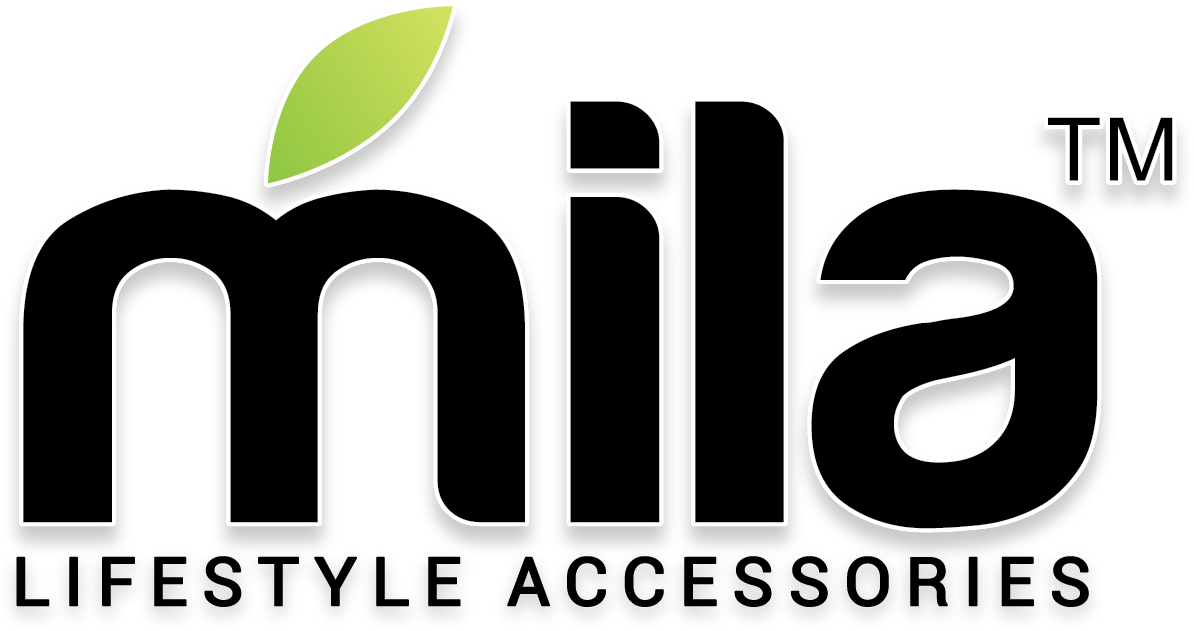When it comes to charging cables, no matter how well we keep track of them, care for them, or prioritize them, they often become worn out or lost. This is simply because we use our devices on a daily basis and therefore, are using the cables 1-2 times a day. This increases the chances of wearing them out or losing them if we travel a lot. If you are in the market for a new charging cable and have an Apple iPhone, iPod, or iPad, you may be looking at cheaper alternatives to Apple’s MFI-certified Lightning cable. This raises the question of whether you should be purchasing an MFI or Non-MFI-certified cable. The answer to this is dependent on your lifestyle.
What Does MFI Stand For & Why Is It Important?
Before analyzing your lifestyle to see which type of cable fits you best, you need to understand what MFI-certification means. Briefly put, MFI-certification is an Apple program used to ensure that producers of Lightning cables are safe to use with the Apple iPhone, iPod, and iPad. Having an MFI-certified cable is important if you want to avoid damaging your device, damaging the cable you are using, or breaking the connector completely.
When Is It a Good Idea to Purchase an MFI-certified Cable?
If you are a heavy user of your iPhone, iPad, or iPod device, an MFI-certified cable would be an ideal option for you. Simply put, this is because MFI approved cables for Apple devices can support 2.4A fast charging and they come with a shielding layer on the connector bit to ensure that the user has safe data transmission. In addition to this, if your Apple device is under warranty and you have an issue with it, a non-MFI cable may cause your device to be unserviceable by Apple support. Plus, the increased durability of MFI-certified cables will ensure that you get the 10,000 times plug-unplug capability. Case in point, if you rely heavily on your iDevice, treat it properly with an MFI-certified cable.
When Is It Okay to Purchase a Non-MFI-certified Cable?
If you are running an old Apple product that no longer has warranty on it and you are not looking to transfer any type of data over to your computer (looking at iTunes), then a non-certified cable will work for charging purposes. The key here though is that you have to be a light device user, as you don’t want your device to be on the charger all the time. If you only need to charge your device minimally, because you work at home or just don’t use your device a lot, a regular charger will work for you. The idea here is to minimize any possible damage done to your device by a cable that does not have the appropriate voltage or current rate or that may overheat with use.
In a nutshell, a non-certified cable will work for users who don't need warranty support from Apple, don't need data transmission, and don't care if the cable provides slow charging due to less current. It is important to note that if you are using an Apple device and have a non-certified cable, if you update that device, the cable may no longer work. This is why we suggest that only those who have older Apple devices that will no longer be receiving IOS updates, to choose this method of charging.
Conclusion
If you are a heavy user of your Apple device and need to sync, complete data transmission, or use iTunes on a regular basis, then an MFI-certified cable is a better option. If you are a light user and have an older device that won’t be receiving any new IOS updates and you do not care about slow charging speeds or data transmission, a regular charging cable will work for you.



